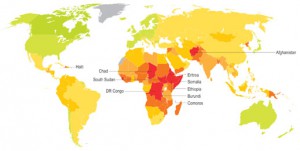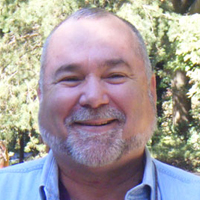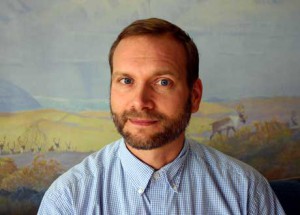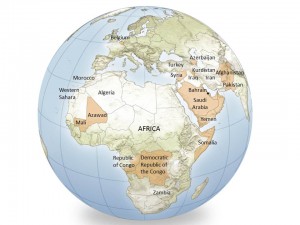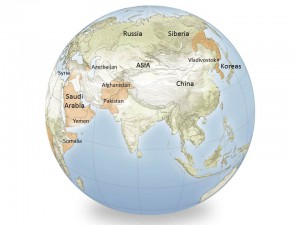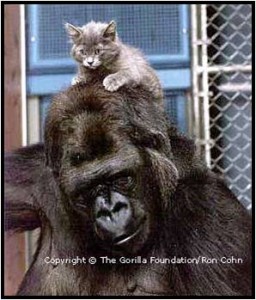The heart is the first organ to develop, and the prime regulator of the rest of the body's chemistry and function. From the provided description:
For over 22 years, Gregg Braden has searched high mountain villages, remote monasteries and forgotten texts to uncover their timeless secrets. Combining his discoveries with the best science of today, his original research crosses the traditional boundaries of science, history, and religion offering fresh insights into ancient mysteries.
The Institute of HeartMath is an internationally recognized nonprofit research and education organization dedicated to helping people reduce stress, self-regulate emotions and build energy and resilience for healthy, happy lives. Personal coherence, also known as psychophysiological coherence, refers to the synchronization of our physical, mental and emotional systems. It can be measured by our heart-rhythm patterns: The more balanced and smooth they are, the more in sync, or coherent, we are.
Personal coherence, also known as psychophysiological coherence, refers to the synchronization of our physical, mental and emotional systems. It can be measured by our heart-rhythm patterns: The more balanced and smooth they are, the more in sync, or coherent, we are.
Global coherence refers to the mental, physical, emotional and spiritual well-being of the greater community of human beings, while acting in concert with their own hearts, each other and nation to nation in harmony with our living planet. HeartMath believes coherence on a grand scale is highly achievable when large numbers of people focus their heart intelligence on a common goal.

